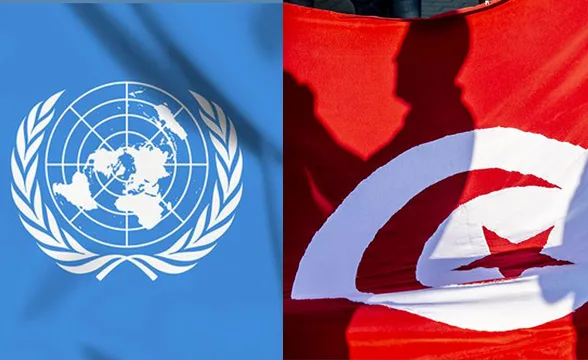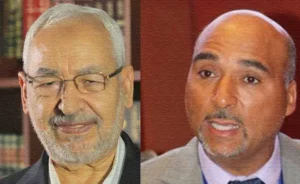July 15, 2025 – Several experts from the United Nations Human Rights Council expressed deep concern about the deterioration in the situation of lawyers in Tunisia over the past year, noting a “worrying trend of targeting lawyers for their opinions or for defending their clients,” which constitutes a serious violation of the principles of fair trial and judicial independence.
The statement, issued by the UN Special Rapporteur on the independence of judges and lawyers, Margaret Satterthwaite, and the Special Rapporteur on freedom of opinion and expression, Irene Khan, emphasized that the arrest of lawyer and former judge Ahmed Souab in April 2025, following his public statements regarding the trial of opponents of the regime, is a dangerous example of the use of the judiciary to suppress critical voices. The statement also addressed the case of lawyer Sonia Dahmani, who was arrested and prosecuted for her media statements. She was sentenced to 18 months in prison in January 2025, followed by an additional two-year prison sentence in June 2025 under Decree 54.
The statement also referred to the cases of several lawyers, including Dalila Msaddek, Islem Hamza, Ayachi Hammami, Ghazi Chaouachi, Mehdi Zagrouba, and Lazhar Akremi, who are facing criminal prosecutions that experts described as “retaliatory” simply for expressing their opinions or participating in the defense of activists and dissidents.
Background of the case:
Since July 25, 2021, Tunisia has witnessed a significant increase in the number of cases targeting lawyers, judges, journalists, and political opponents, in the context of a repressive campaign characterized by the expansion of executive powers and the use of Decree 54 to prosecute dissidents on vague charges related to security or insulting institutions.
The Freedom for Tunisia Observatory has previously documented several violations against lawyers, including unjustified prosecutions, raids on the headquarters of professional bodies, and the issuance of judgments in absentia without respect for basic fair trial guarantees.
The Freedom for Tunisia Observatory calls for:
- The cessation of all retaliatory judicial prosecutions against lawyers and political opponents.
- The immediate release of all lawyers arbitrarily detained.
- Respecting Tunisia’s international obligations regarding freedom of expression and the right to defense, including the UN Principles on the Role of Lawyers.
- Calling on bar associations and judicial bodies to take a clear stance against attempts to silence the legal profession.
- Urging the Human Rights Council and UN Special Rapporteurs to continue monitoring the situation in Tunisia and documenting violations committed.





